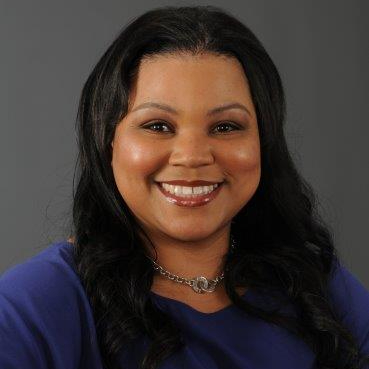It’s August and school starts soon! Are you excited to return to school? Dreading returning to school? Maybe a little of both?
For some, returning to school is an exciting time filled with anticipation about reconnecting with friends, catching up on what happened over the summer break, and sharing stories. But for others, especially students who have an eating disorder or experience disordered eating, reconnecting with friends and having to answer questions about what happened during summer break is not exciting and can fill them with dread.
If the thought of going back to school brings up mixed emotions, know that you’re not alone. In this blog I’ll be discussing why returning to school can be so difficult and give you some essential tips for managing eating disorder recovery during this time of transition.
Transitions Are Challenging
I want to encourage you to be aware that transitions like returning to school can be challenging and filled with emotions. It can bring up excitement, fear, or anxiety about the unknown.
It’s also a time where students can begin to compare themselves and their appearance to others and notice physical changes in one another that can be triggering for those with an eating disorder or disordered eating.
Preparing for School can Trigger Negative Thoughts
With school starting soon you may have to do some back-to-school shopping. In addition to supplies, you may need some new clothes.
Shopping for clothes can stir up negative thoughts about the body. Thoughts like — Have I experienced any physical changes? Do my clothes fit differently? What will people think? I’m not as attractive, fit, stylish etc. as I was last semester—can begin to flood your mind. You may believe these automatic thoughts are true because they are your thoughts.
Despite what family and friends say, you may reject their comments and hear yourself saying “they’re just being nice” or “how do they not see that I’ve changed?”. It’s important to recognize that these thoughts are a part of the eating disorder and are not a reflection of who you are or your worth.

Transitions Are Challenging
Do you hear the emotional distress in those thoughts? If you are a parent or another support person, do you recall your own experiences when preparing to return to school?
Negative thoughts about one’s body are part of and can reinforce emotional distress during transitional moments. It’s inevitable to encounter things that may bring up those thoughts and you want to prepare your loved one that this may occur.
Your student needs your support, they need you to be an emotion coach and to model non-judgmental, honest communication. You can learn more about how to support a loved one with an eating disorder here.
Tips for Students in Recovery Returning to School
Because this can be a stressful time for students in recovery, here are a few tips to help you or a loved one:
- Be aware of patterns that activate negative thoughts about oneself or that activate urges or eating disorder behaviors.
- Be mindful of how you talk about your body.
- Embrace body neutrality, avoid diet talk or a focus on size, shape, and weight.
- Communicate assertively with others who are commenting about body size.
- Establish a support system at school. Notify the school counselor or other support staff to assist when needed.
- If you are attending a new school – find a support network, plan ahead for the dining hall and social eating, establish a routine, prioritize self-care, establish a treatment team.
- If you are returning to the same school—find your friends, reach out to your supports, establish a routine, get re-connected, engage in self-care.
- If you are starting college for the first time – make a plan, find your counseling center on campus, research ways to get connected, plan meals with your treatment team, find ways to get connected socially.
- Limit social media engagement and consider who you follow. Communicate with your loved one that social media often reflects the “highlight” reels.
- Manage stress and anxiety, explore how you manage these emotions. Try not to dismiss your emotions and the distress you may be experiencing.
- Neutralize food talk, do not label food as good or bad – all foods fit!
- Schedule time to ensure breaks to take care of you and recharge.
Most importantly, make you a priority!
Find Help and Support
Are you concerned you might be struggling with an eating disorder? Take our confidential screening tool.
Are you looking for an eating disorder treatment provider? Find treatment in your area or online.
Are financial barriers preventing you from seeking the support you need? Learn more about free and low cost support options to connect with others and provide tools to promote recovery.
Paula Edwards-Gayfield, LCMHCS, LPC, CEDS-S, BC-TMH is a Regional Assistant Vice President and Diversity & Inclusion Co-Chair at The Renfrew Center. Ms. Edwards-Gayfield is an advocate for increasing awareness about eating disorders affecting Black, Indigenous and People of Color (BIPOC) and is passionate about access to culturally sensitive, inclusive, and equitable care; an experienced presenter addressing eating disorders and diversity, as well as a contributor to the book, Treating Black Women with Eating Disorders: A Clinician’s Guide. She is a certified member and approved supervisor (CEDS-S) of iaedpTM and a former Co-Chair of the African American Eating Disorder Professionals – Black, Indigenous and People of Color Committee (AAEDP-BIPOC). She serves on the National Eating Disorder Association’s (NEDA) Clinical Advisory Council and serves on the advisory board for Eating Disorder Recovery Support (EDRS).







